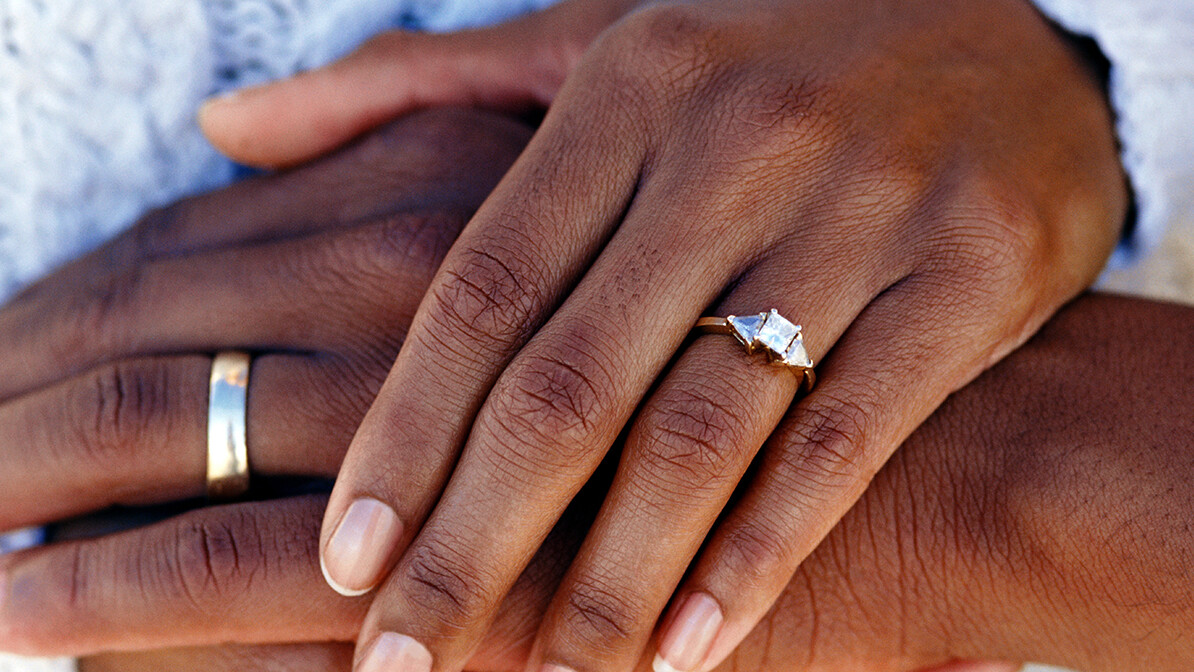Related Articles
Who Is My Neighbor: Bridging the Gap Between Emancipation and Equality (Part 2)
In “Who Is My Neighbor: Bridging the Gap,” we ask what it means to truly see, hear, and love our…
It’s All About Love
This excerpt explores the beauty of God’s design for marriage, showing how Scripture reflects His…
Freedom in Forgiveness
This excerpt explores the healing process and power of forgiveness in marriage, emphasizing how it…
The Mystery of Marriage
This excerpt explores the mystery of marriage as a divine reflection of Christ’s love for the…
Next Steps To Strengthen Your Walk
Inspiration Today Newsletter
Supercharge your faith and ignite your spirit. Find hope in God’s word. Receive your Inspiration Today newsletter now!
Christian Articles
Find articles to strengthen your walk and grow your faith. We have a wide range of topics and authors for you.
Submit A Prayer Request
We are here for you. Simply click on the button below to reach us by form, email or phone. Together we will lift our hearts and voices with you in prayer.






